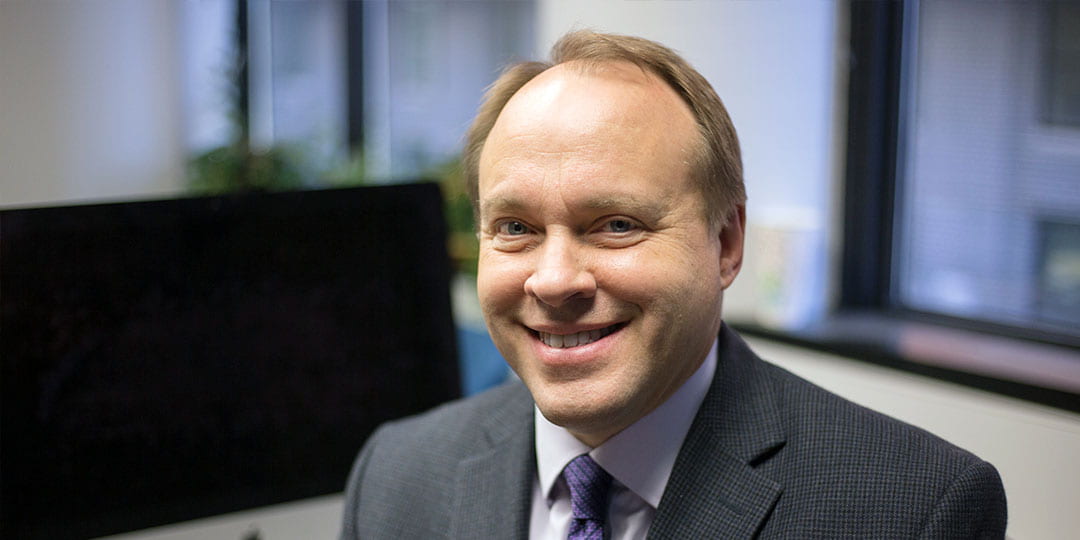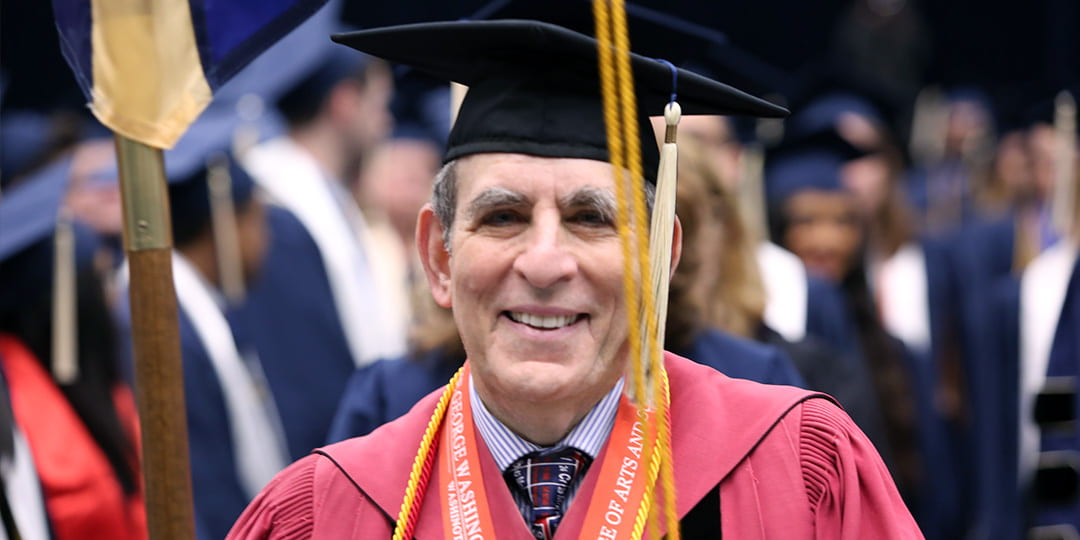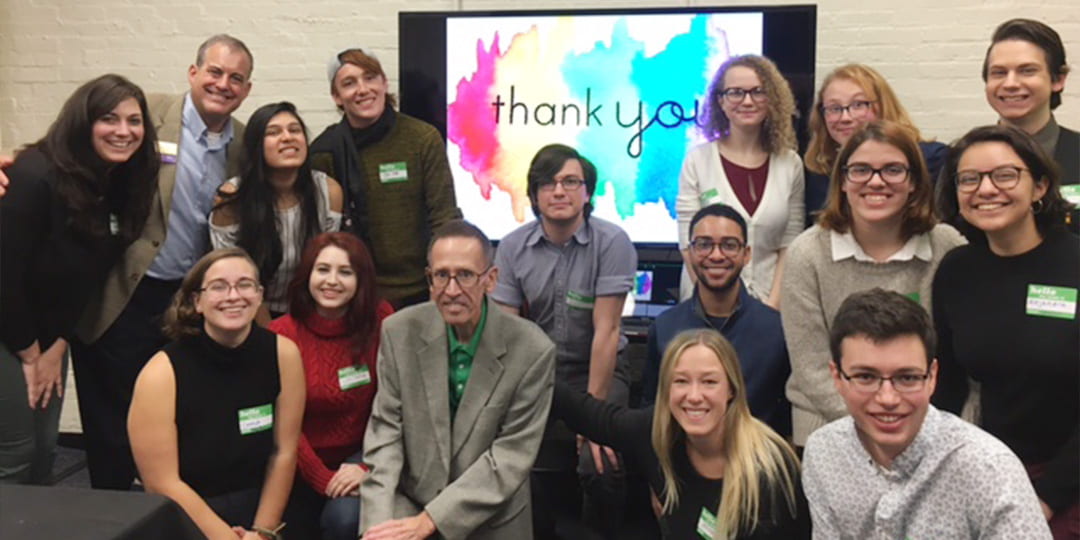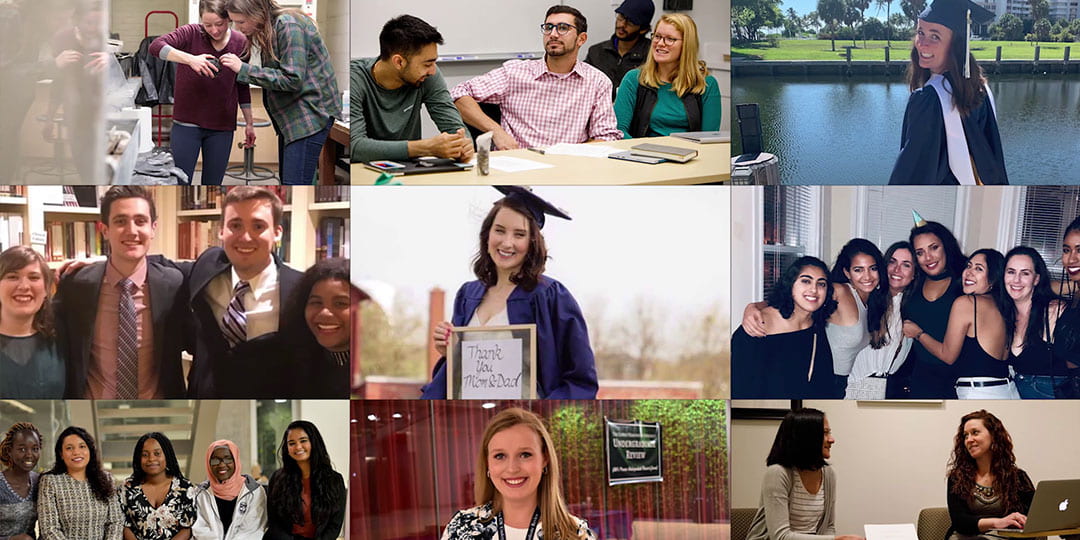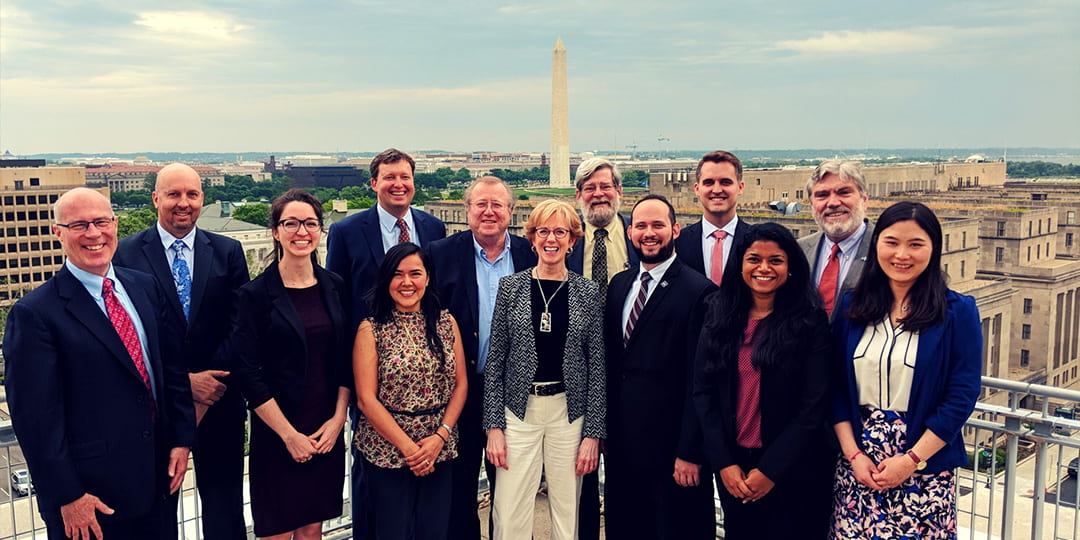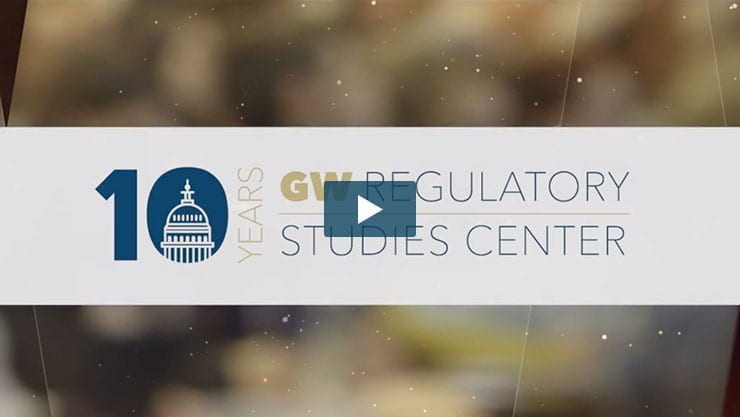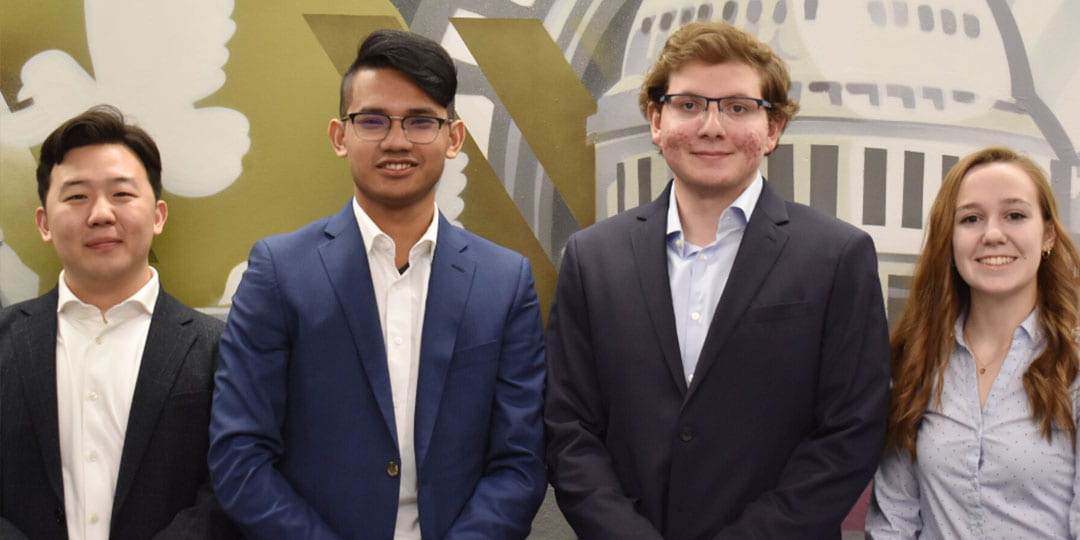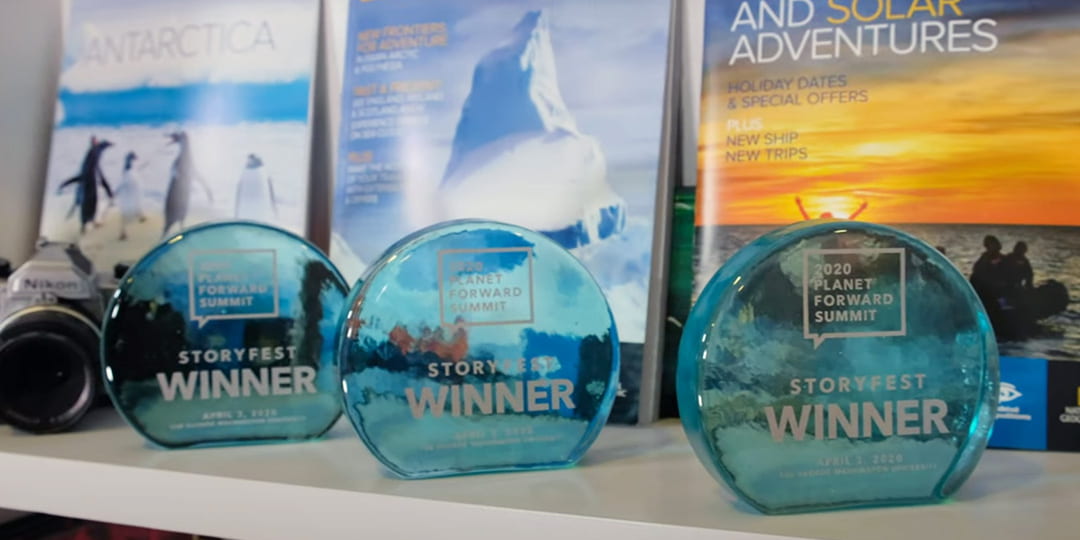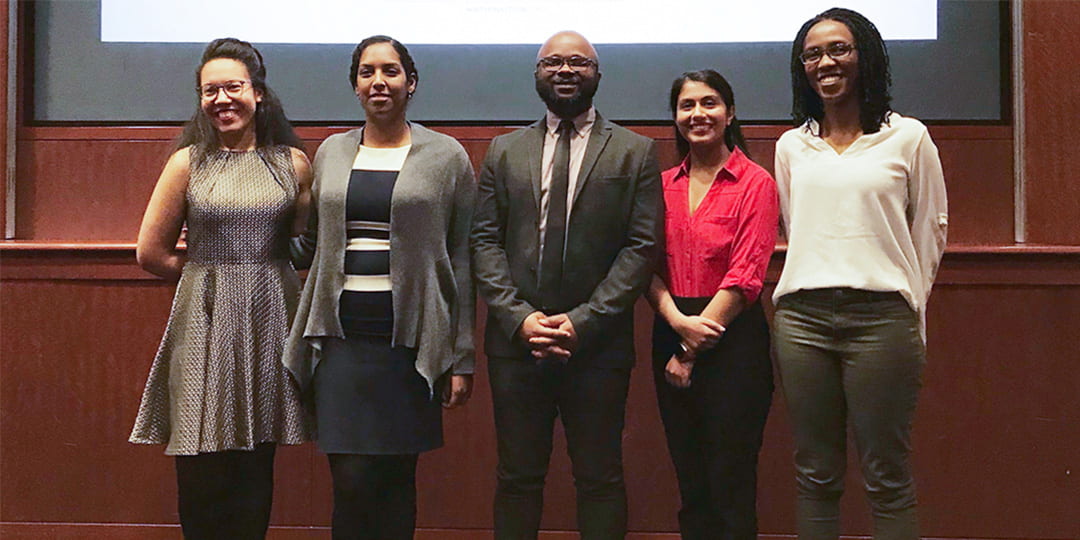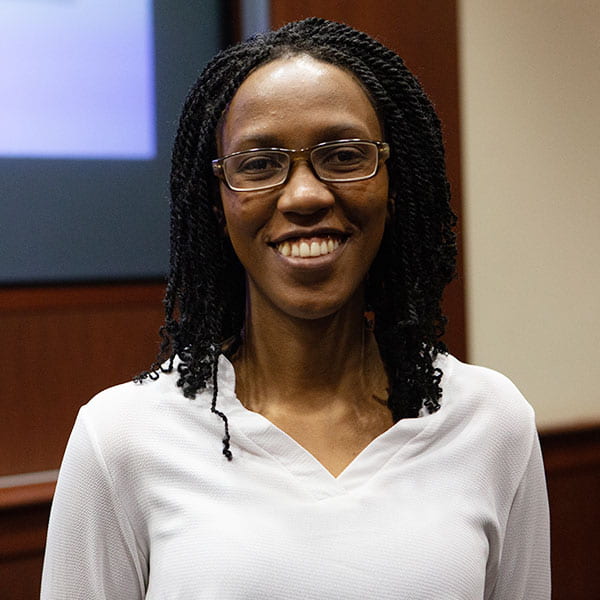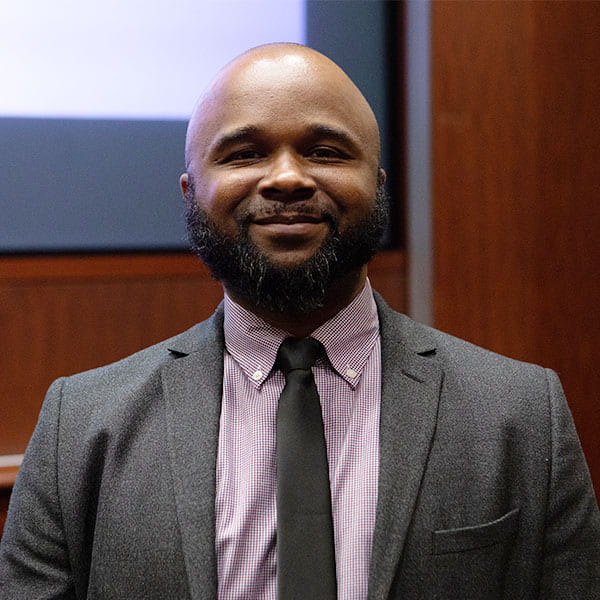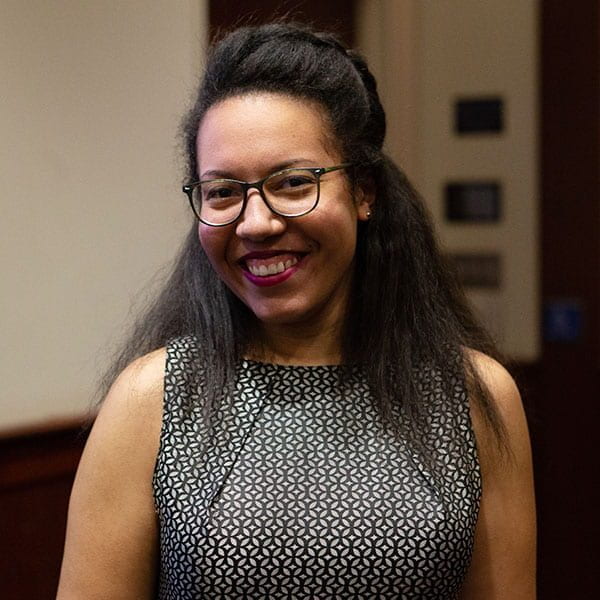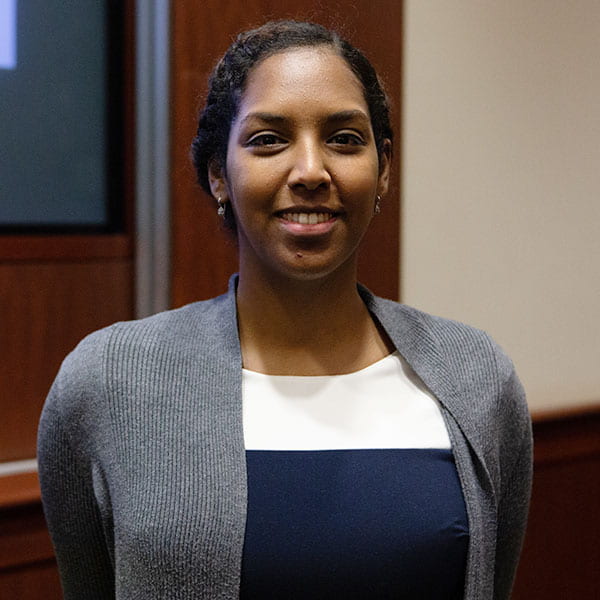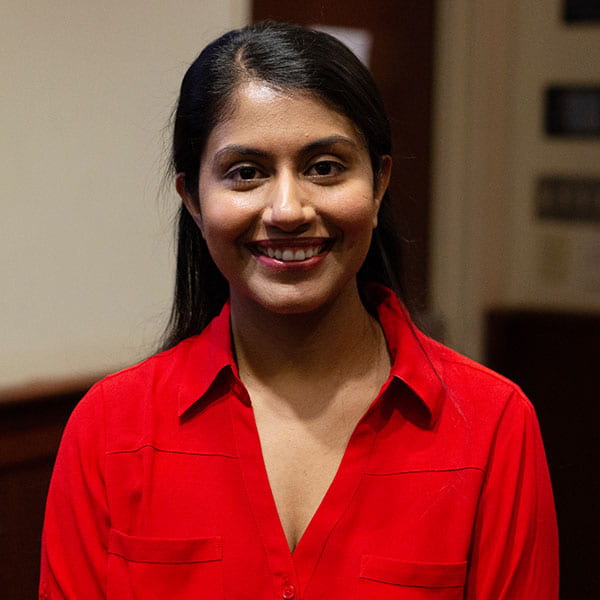The former chair of the Political Science Department and CCAS vice dean of programs and research has been interim dean of GW’s largest school since 2018, championing student opportunities, innovative programs and world-changing faculty research.
Paul Wahlbeck has been appointed dean of the Columbian College of Arts and Sciences (CCAS), where he has served as interim dean since 2018.
“Since joining GW, I have deeply appreciated Paul’s partnership as a committed member of the senior leadership team,” Provost M. Brian Blake said. “As interim dean, he has enhanced the student experience by investing in efforts to ensure student success and developing innovative programs, such as a new data science major and expanded experiential learning opportunities; fostered a supportive environment for world-changing faculty research; and engaged with CCAS alumni to encourage stronger relationships. He will continue all these efforts, and more, as he serves CCAS’s vibrant community of scholars in a permanent capacity.”
Columbian College is the largest academic unit at GW, with approximately 5,000 undergraduate students, 2,500 graduate students and 42 academic departments, including the Corcoran School of the Arts and Design, the School of Media and Public Affairs and the Trachtenberg School of Public Policy and Public Administration.
“I’m thrilled to be leading Columbian College forward and working with my colleagues as we pursue our aspirations as a preeminent research institution,” Wahlbeck said. “My ties to the college are strong and deep, as is my admiration for the people who are committed to ensuring we succeed in our mission to advance excellence and opportunity.”
As interim dean, Wahlbeck has invested in undergraduate advising and fostering a supportive environment for faculty research with a global impact. Besides the new data science major, he has overseen innovative new programs including collaborative team teaching between STEM and other faculty, STEM summer internships, a framework for interdisciplinary micro-minors and short-term study abroad opportunities that allow students to link classroom learning with the broader world.
Wahlbeck joined the GW faculty in 1993. As chair of the Political Science Department, beginning in 2011, he focused on strengthening student engagement with career and student research panels, making the political science doctoral program one of the strongest in the country and supporting faculty scholarship. As vice dean for programs and research from 2016 to 2018, he oversaw graduate enrollment, research growth and academic and student services.
“One of my favorite accomplishments was working with the associate dean for graduate studies on the examination of doctoral programs and the creation of the Columbian Distinguished Fellowship to compete for the best doctoral students,” Wahlbeck said. “I also worked with the associate dean for research and strategic initiatives to integrate school research administrators into the Columbian College and build a research support infrastructure.”
Wahlbeck served as director of the Law and Social Science Program at the National Science Foundation (NSF) from 2001 to 2003 and, in 2006, served as director of NSF’s Political Science Program. He also holds a courtesy appointment in the GW School of Law.
Main Photo: Paul Wahlbeck, dean of the Columbian College of Arts and Sciences


